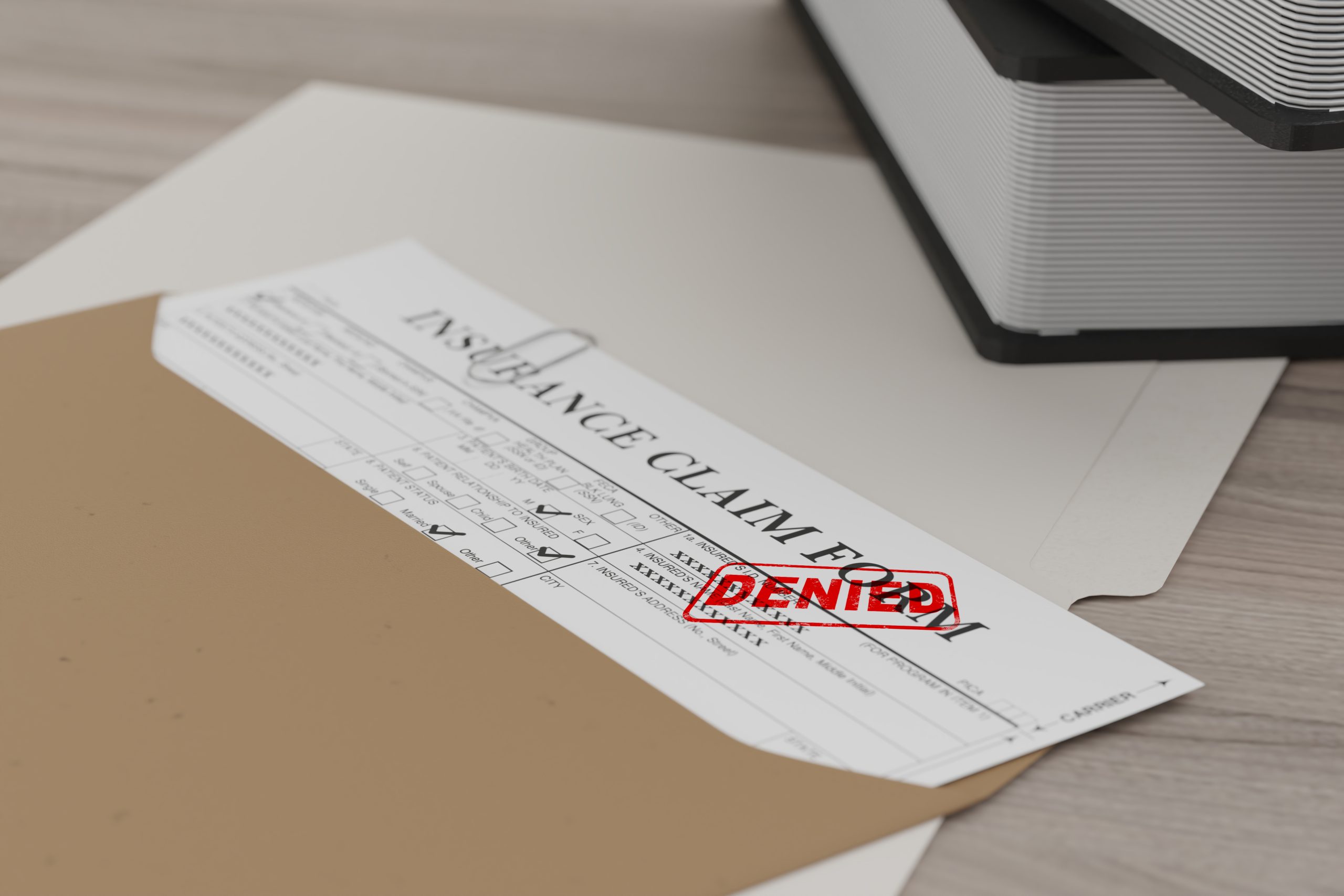RV owners know the importance of good insurance, and no one wants to experience an RV insurance claim denial. Whether you’re navigating winding mountain roads, cruising down coastal highways, or parking lakeside for the weekend, having peace of mind matters. That’s why filing an insurance claim—only to be denied—can feel like a punch in the gut.
Unfortunately, RV insurance claims are denied more often than many realize. From administrative slip-ups to surprising policy gaps, the reasons range widely. But the good news? Most are preventable. Below, we break down common and unexpected reasons your RV claim might be denied—and what to do if it happens.
Common Reasons RV Insurance Claims Are Denied
1. Insufficient Coverage
Your RV insurance only covers what you pay for. For example, if you don’t carry comprehensive coverage and a tree branch falls on your camper during a storm, you may be out of luck. Similarly, liability-only policies won’t help if your rig is vandalized, flooded, or stolen.
Pro Tip: Review your policy annually to ensure it still fits your RV usage—especially if you’ve upgraded or changed how often you travel.
2. Excluded Drivers
If someone who isn’t covered under your policy takes your RV for a spin and causes an accident, your claim could be denied. Some policies specifically exclude drivers or have age and license restrictions.
3. Delaying Your Claim
The longer you wait to file a claim after an incident, the harder it is for insurers to verify your loss. If you’re involved in an accident or weather event, notify your provider as soon as possible—even if you’re still assessing the damage.
4. Lapsed or Cancelled Policy
This one’s a heartbreaker. If your policy isn’t active at the time of damage—due to missed payments or a gap between providers—your claim will be automatically denied. Always double-check your renewal dates and make payments on time.
5. Damage from Wear and Tear
Insurance covers sudden, unexpected events—not gradual problems. If your RV roof has been slowly leaking for months and causes interior damage, it may not be covered.
Tip: Maintenance matters. Keep your rig in good condition to avoid claim disputes.
6. Intentional Damage or Fraud
If the insurance company determines that damage was caused on purpose—or that information on your application was falsified—they can deny your claim and potentially cancel your policy altogether.
7. Driving Under the Influence
If you’re involved in an accident while under the influence of drugs or alcohol, your claim is very likely to be denied. RV or not, this is a deal-breaker for most insurers.
8. Uncovered Perils
Flooding, earthquakes, and some natural disasters aren’t always included in a standard RV insurance policy. These usually require add-on policies or endorsements.
9. Neglect or Poor Maintenance
Claims can also be denied if damage is the result of long-term neglect. For instance, if a tire blowout occurs due to poor inflation or aging tires, your provider may view it as preventable.
Surprising Reasons Your RV Claim Could Be Denied
● Social Media Posts
Posting selfies from your “post-accident” campsite while claiming you’re stranded or injured? Be careful. Many insurers monitor social media to validate claims. If your activity contradicts your statement, your claim could be reduced—or denied altogether.
● Drone Surveillance
Some home insurers—and increasingly RV insurers—are using aerial images to evaluate property and vehicle condition. If your rig is parked under overhanging branches or appears neglected, they could use it as grounds to deny damage claims due to “lack of maintenance.”
● AI Claims Review
Artificial intelligence is becoming a tool for faster—but sometimes harsher—claims processing. While it can speed up response times, it may also flag inconsistencies or lowball your damage estimates. Always review the findings carefully.
● Tracking Devices
Usage-based insurance is great if you’re a safe driver—but it can work against you. Telematics data may be used to dispute claims, particularly if the recorded behavior shows speeding, hard braking, or erratic driving before an accident.
What To Do If Your RV Claim Is Denied
Don’t panic. A denial isn’t necessarily the end.
- Review the Denial Letter: Understand exactly why your claim was rejected.
- Clarify with Your Provider: Call and ask questions. Sometimes it’s a matter of missing documents or misunderstood facts.
- File an Appeal: If you disagree with the decision, ask about the appeal process and gather any additional evidence to support your case.
- Re-evaluate Your Coverage: Learn from the experience. Update your policy to avoid similar issues in the future.
Wrapping Up: Know Your Policy. Protect Your Adventure.
Getting a claim denied is frustrating—but in many cases, it’s preventable. By understanding your policy, filing claims promptly, and staying on top of maintenance, you can keep your RV (and your road trips) rolling smoothly. Now that you know how to avoid a RV insurance claim denial, it’s time to go a step beyond.
And if you want to make sure you’re really covered the next time the unexpected happens, turn to Happy Camper Insurance.
We specialize in RV, boat, and powersport insurance that’s tailored to the way you travel and play. Whether you’re full-timing it, weekend-warrioring, or storing your rig for the season, we’ve got a policy that fits your lifestyle—and keeps your adventures protected. Contact Happy Camper today for a free quote and let’s get your rig covered from bumper to bumper.


